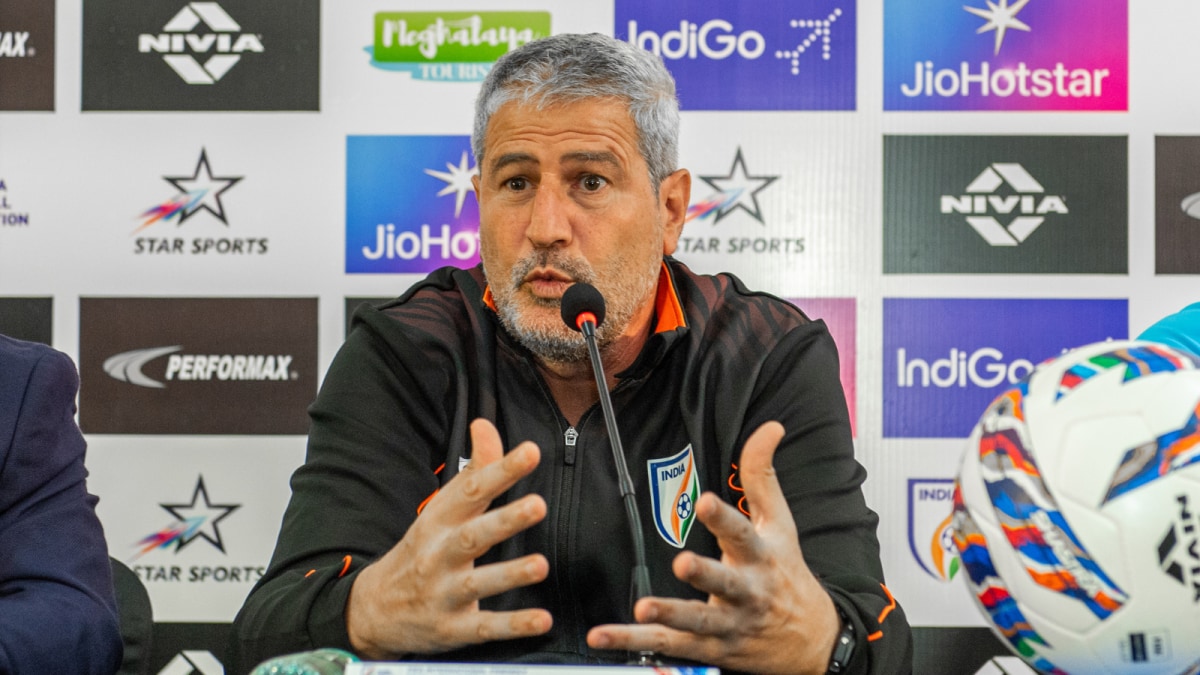A scientific study led by two Plus Two students at NSS Higher Secondary School, Kurathikad, Alappuzha, has offered new hope for reviving paddy farming in areas where declining soil fertility has driven farmers away from agriculture.
The findings of the study by Architha Manoj and Jyothika Krishna, conducted as part of school science fair, have been published in the peer-reviewed International Journal of Research and Analytical Reviews.
In the paper titled Soil Revival Eco-friendly Farming for Agriculture Sustainability, the researchers evaluated the use of Effective Microorganism (EM) solution as a sustainable and eco-friendly alternative to chemical fertilizers. The study revealed that EM-treated rice seeds not only enhanced crop growth but also significantly improved soil health.
Degraded soil
More than 80% of local farmers surveyed in Mavelikara-Thekkekara grama panchayat in Alappuzha admitted they had abandoned paddy cultivation due to poor yields caused by degraded soil. Laboratory, greenhouse, and field experiments conducted as part of the study confirmed that EM treatment led to better seed germination, longer shoot and root development, increased biomass, and ultimately higher grain yields compared to conventional NPK fertilizer use.
“The soil in Thekkekara panchayat has become acidic and nutrient-deficient due to the prolonged use of chemical fertilizers and pesticides,” the researchers noted. Soil samples collected across 10 wards showed pH values as low as 4.8, indicating high acidity. After EM treatment, soil nutrient levels, including nitrogen, potassium, and phosphorus, showed marked improvement. Field trials demonstrated that paddy grown from EM-treated seeds yielded more healthy grains and fewer chaff, pointing to a direct improvement in productivity.

Architha Manoj and Jyothika Krishna | Photo Credit: SPECIAL ARRANGEMENT
Microbial diversity
“We saw an increase in germination and better growth metrics under both lab and field conditions. Most importantly, the soil started to regain its microbial diversity. We hope the model can be replicated across the region,” the researchers added.
NSS Higher Secondary School, Kurathikad, Principal Renu S. said that “recognition at the international level is a testament to the students’ dedication.”
Apart from Architha and Jyothika, the research team also included NSS School Botany teacher Sreekala C.G., SD College Botany department former head C. Dileep, and researcher Karthika T.P. The team worked in collaboration with the Central Plantation Crops Research Institute, Kayamkulam, research wing of SD College, Alappuzha, and the local Agriculture office. After completing the project, both students graduated from the school in the 2024-25 academic year.



.png)
.png)
.png)
















 7 hours ago
3
7 hours ago
3









 English (US) ·
English (US) ·